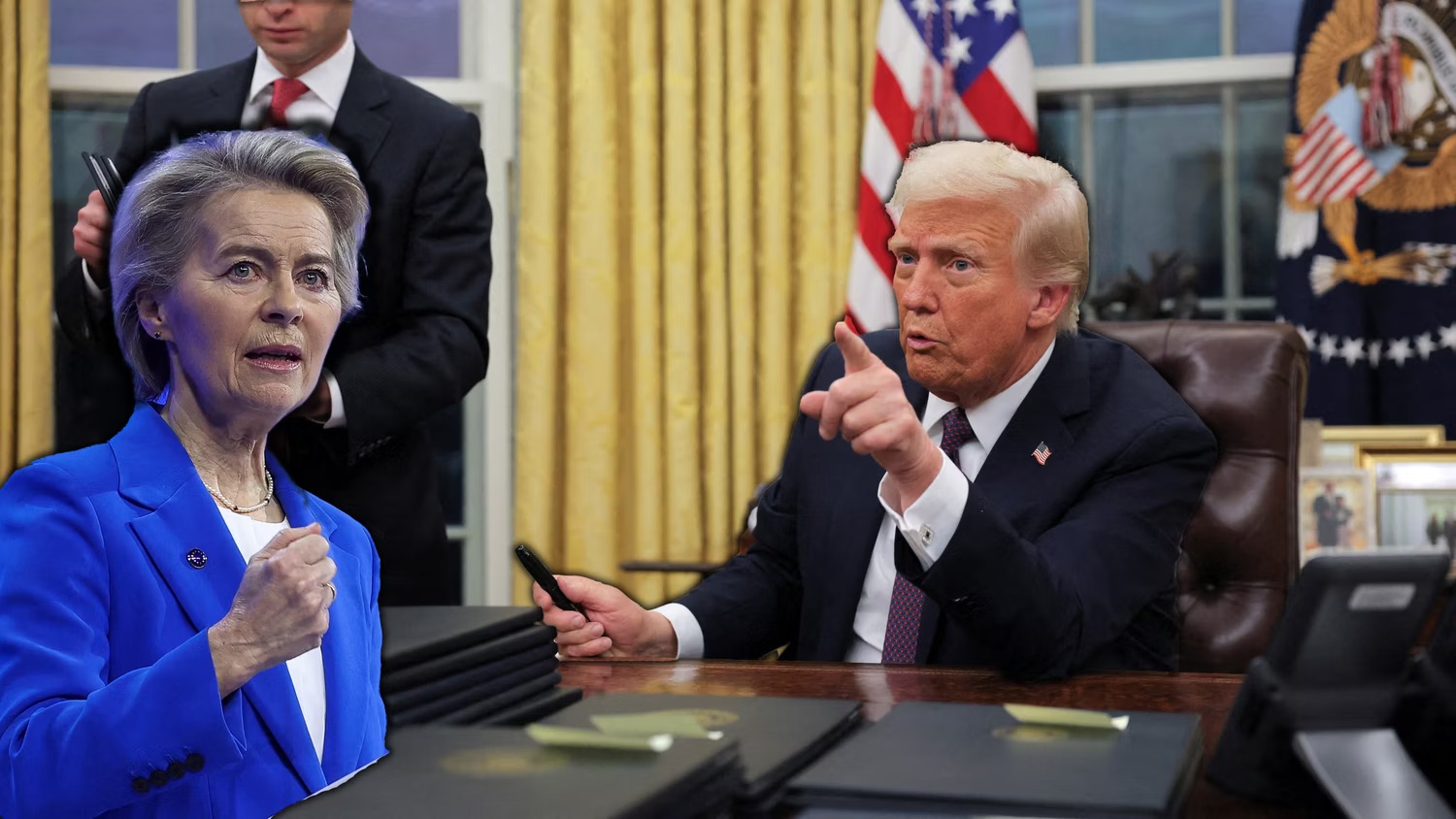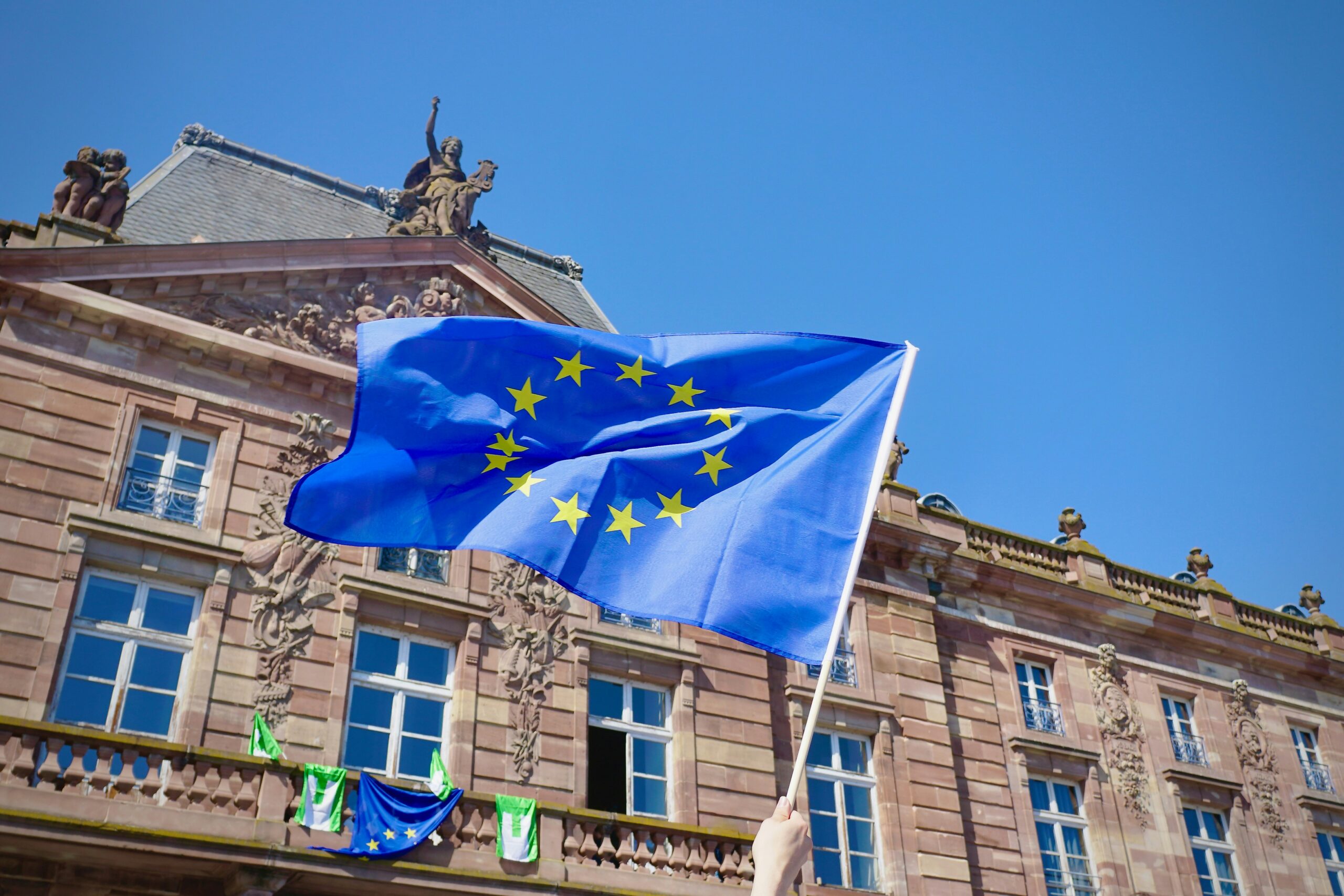The forthcoming parliamentary elections in the European Union, set for June 6 to June 9, are poised to play a crucial role in the future landscape of cryptocurrency regulations and the potential approval of spot Ether (ETH) exchange-traded funds (ETFs). This electoral event is anticipated to act as a pivotal moment, possibly reshaping the regulatory framework surrounding cryptocurrencies.
Potential Political Shifts and Their Impact
The 2024 elections may usher in a significant shift in the EU’s political dynamics, with right-wing and populist parties projected to make substantial gains. According to Jag Kooner, head of derivatives at Bitfinex, this political evolution could profoundly influence the regulatory environment, swaying it either towards stricter controls or more accommodating policies for the crypto industry.
Marina Markezic, co-founder and executive director of the European Crypto Initiative (EUCI), suggests that the ascendancy of right-wing parties might introduce protective measures favoring the crypto sector. These parties could emerge as new proponents for innovation-friendly crypto regulations, potentially aligning with the industry’s counter-status quo rhetoric.
Implications for Crypto Regulations and ETFs
The election outcomes are likely to affect the implementation of the Markets in Crypto-Assets (MiCA) bill, the EU’s first comprehensive framework for regulating cryptocurrencies, set to be fully enacted in December 2024. The new political composition of the parliament could steer the direction and rigor of this impending regulation.
Following the U.S. Securities and Exchange Commission’s recent approvals for spot Ether ETFs, there is heightened optimism within Europe about similar advancements. Notably, financial giants like VanEck and Franklin Templeton are preparing for regulatory green lights, having already listed their Ether ETFs in anticipation of approval.
The Broader European Crypto Environment
The clarity provided by the MiCA bill has encouraged some of Europe’s largest banks to delve into the crypto space. Germany’s largest federal bank, Landesbank Baden-Württemberg (LBBW), announced plans to offer crypto custody services to institutional clients later in the year. Additionally, Raiffeisen, Austria’s leading community banking group, has partnered with Bitpanda to introduce digital asset services to its retail banking customers.
| Event | Potential Impact | Details |
|---|---|---|
| EU Elections | Political Shift | Right-wing gain could favor crypto industry |
| Regulatory Changes | MiCA Bill Implementation | Election results could influence the rigor of regulations |
| ETF Developments | Ether ETF Progress | Enhanced confidence in regulatory approval for Ether ETFs in Europe |
The upcoming EU elections represent a critical juncture for the cryptocurrency sector, particularly in terms of regulatory developments and the approval of Ether ETFs. The potential political shift towards right-wing governance could herald a more favorable regulatory climate for cryptocurrencies, influencing everything from the MiCA bill’s implementation to the operational dynamics of crypto-related financial products. As the elections approach, stakeholders within the crypto community and financial institutions are closely monitoring these developments, recognizing their potential to significantly impact the landscape of digital asset trading and investment within the EU.










